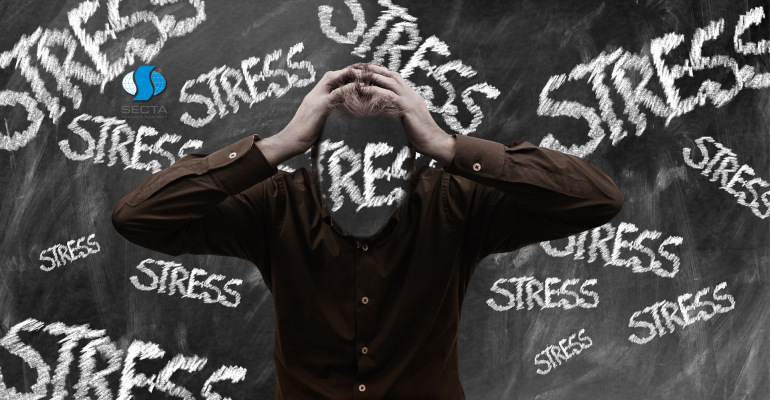STRESS
8 May 2023 2023-05-08 8:21STRESS
Stress is a natural physiological response to perceived threats or challenges, which triggers the body’s “fight or flight” response. The purpose of stress is to prepare the body to respond to these perceived threats by releasing hormones like adrenaline and cortisol, increasing heart rate and blood pressure, and sharpening the senses. This response can help individuals to perform better in certain situations, such as a deadline at work or a competitive event, by increasing focus and alertness. However, chronic or excessive stress can have negative effects on physical and mental health, including anxiety, depression, high blood pressure, and decreased immune function.
Stress can manifest in various ways, and the signs and symptoms of stress can differ from person to person. However, some common physical, emotional, and behavioral signs of stress include:
Physical Symptoms:
Headaches or migraines
Muscle tension and pain
Fatigue
Insomnia or oversleeping
Digestive problems, such as nausea or diarrhea
Changes in appetite or weight
Increased heart rate and blood pressure
Sweating or clammy hands
Weakened immune system, leading to frequent colds or infections
Emotional Symptoms:
Anxiety or nervousness
Depression or sadness
Irritability or anger
Restlessness or agitation
Feeling overwhelmed or helpless
Lack of motivation or focus
Low self-esteem or self-worth
Mood swings
Behavioral Symptoms:
Changes in eating habits (over-eating, under-eating, or binge eating)
Increased use of alcohol, drugs, or tobacco
Social withdrawal or isolation
Procrastination or avoidance of responsibilities
Nervous habits, such as nail-biting or fidgeting
Decreased sex drive
Trouble sleeping or nightmares.www.secta.com.au



